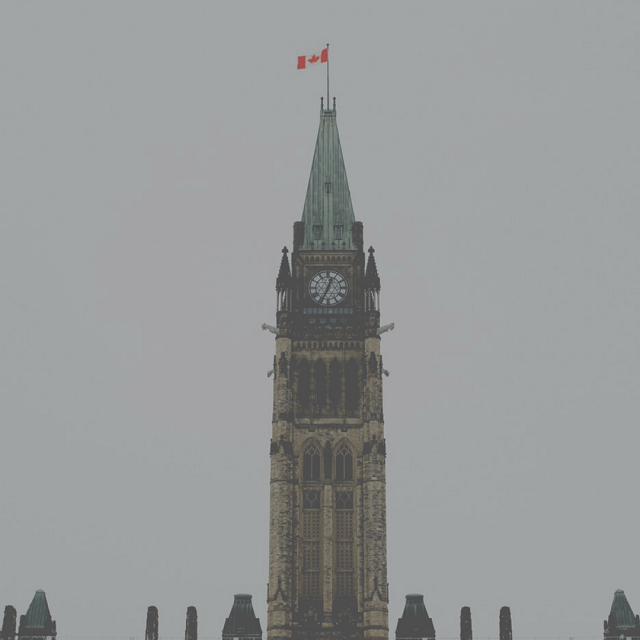In response to the continued violence in the Nagorno-Karabakh (Republic of Artsakh) region, and with signs of the early stages of ethnic cleansing and the genocidal process
under the cover of protracted war, the International Institute of Genocide and Human Rights Studies (IIGHRS) (A Division of the Zoryan Institute) asks that the Canadian government call on the parties of the conflict to;
(a) to cease fighting and return to peaceful negotiations and,
(b) ask the international community to halt all sales and transfer of arms to the Republic of Azerbaijan and the Republic of Turkey (who declared its unequivocal support for the Turkish-speaking nation of Azerbaijan) and,
Read also
(c) to call particularly on Turkey, a NATO ally and a member state of OSCE, to withdraw from the conflict and to stop financing and transporting thousands of Foreign Terrorist Fighters (FTFs) from Syria, who are allied with Turkey, who have joined the fighting between Azerbaijan and Armenia over the disputed enclave of Nagorno-Karabakh, a cause for great concern.
The seeds of the conflict were sowed by Joseph Stalin, who as part of the Soviet Union’s divide-and-rule policy of the early 1920s, forcibly incorporated Nagorno-Karabakh, a landlocked mountainous region that has been part of, and inhabited by Armenians since the 8th century BC as an Oblast (Soviet autonomous administrative region) within Azerbaijan. At the time Armenians made up over 95% of the population of Nagorno-Karabakh Autonomous Oblast (NKAO).
During the collapse of the USSR, the (NKAO), seceded from Azerbaijan SSR, legally, peacefully, and in conformity with the constitution of the USSR, and relevant Soviet law. A total of 82.2 percent of Karabagh’s registered voters participated in the referendum and overwhelmingly (99 percent in favor of independence) supported Nagorno Karabagh’s independence from the Republic of Azerbaijan.
With the breakup of the Soviet Union in 1991 and in response to the self-determination claims of the NKAO population, Azerbaijan launched a full-scale war against the Nagorno-Karabakh, which continued until 1994 when a ceasefire was brokered by Russia.
Following the ceasefire, the conflict, which is complex and is further complicated by the reliance of each party on opposing UN principles of self-determination and territorial integrity, was handed over to the Organization for Security and Co-operation in Europe (OCSE). This organization is made up of 57 member states of which Canada and Turkey are active members. The OCSE formed the Minsk Group in 1992, composed of and co-chaired by the United States, France, and Russia.
The parties have existed in a tense stalemate since the ceasefire of 1994, interrupted by on and off border clashes, the most notable the four-day war of April 2016. On September 27, 2020, Azerbaijan launched a large-scale offensive on the entire Line of Contact (LOC) between Azerbaijan and Artsakh, with the intent to conclude this dispute via military might, a point emphasized by the leadership of both Azerbaijan and Turkey. Civilians on both sides have been caught amidst the fighting which is at its most serious level since the war in the early 1990s as this time Turkey joined the war on Azerbaijan’s side. Since this eruption, violence has escalated through the involvement of third parties, Syrian jihadists, and mercenaries, brought in by Turkey.
Although the Nagorno-Karabakh dispute may have been a localized conflict between Azerbaijan and Armenia, Turkey’s involvement leads to an imminent threat of the conflict’s expansion and escalation to a regional war as more nations become involved. The situation is worsened by Turkey’s hegemonic and expansionist intentions which have heightened the instability in the area, considering its participation in ongoing territorial disputes in Libya, the Middle East, the Aegean Sea, the East Mediterranean Sea, and now the South Caucuses region. The absence of repercussions and impunity Turkey has received for these past actions has permitted the nation to continue its aggression against numerous population groups in the region.
Unfortunately, the threat of escalation to a regional war is furthered by Israel’s involvement, an outside party, and ally to the West, in their continued provision of arms to Azerbaijan for the economic and geopolitical benefit. While nation-states are free to sell and transmit arms, nations must cease the sale and transfer of military technologies that are being used against civic populations and civic and cultural infrastructure under International Humanitarian Law.
In this respect, we commend Canadian Government and the Minister of Foreign Affairs, Mr. François-Philippe Champagne, in his swift action to cease the transfer of Canadian military technologies in this conflict. For this, we take pride in our country and call on other nations to follow in Canada’s footsteps and match its humanitarian dedication.
Canada, as a nation internationally recognized for its dedication to peacekeeping and respect of human rights, should urge the international community and the OSCE countries to pressure Turkey to halt all sales and transfers of arms and Syrian Mercenaries to the conflict, to expedite a return to peaceful negotiations by the parties.
Drawing on Canada’s knowledge of Indigenous history and trauma, we recognize the consequences that violence can have on an indigenous population and the destruction that will be caused by any efforts to take over the region, and forcibly displace or remove people from their ancestral homeland. Accordingly, Canada, as a champion of peacekeeping, peacebuilding, and human rights, should call on all parties involved to accept that this conflict cannot and shall not be concluded with military might and there should be an immediate return to peaceful negotiations. All parties should also recognize that the OSCE Minsk Group is the only honest mediator to help parties achieve peace through negotiations, concessions and by upholding the principles of the Helsinki Final Act.
International Institute for Genocide and Human Rights Studies




















































